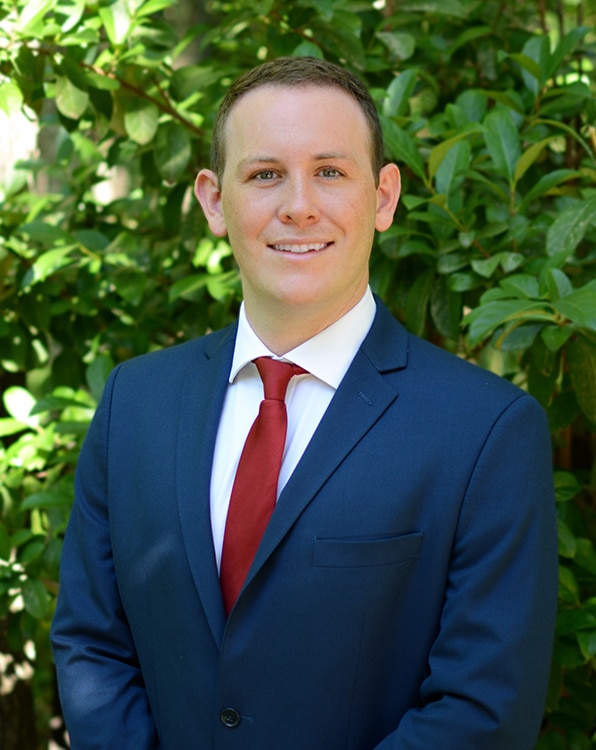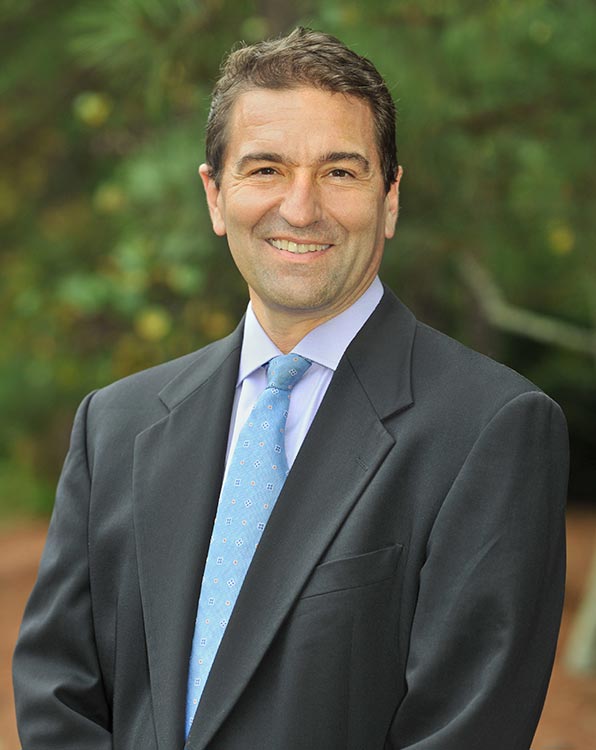Orthopaedic Care for Knee Injuries and Conditions
The knee – the largest joint in the body – is comprised of bones, discs, ligaments, tendons and muscles. The knee joint absorbs the shock of walking, running, jumping and movement in general. Therefore, it is not surprising that many people suffer from at least minor knee pain at some point in their lives. Common knee problems include sprains, strains, torn cartilage, ACL injuries and arthritis, all which can occur from injury, disease or degeneration.
At Cary Orthopaedics, our knee doctors have experience in diagnosing and treating a complete spectrum of knee issues. We are often able to treat injuries and conditions with non-surgical orthopaedic care, such as injections to reduce inflammation and/or strengthening through physical therapy. Arthroscopic knee surgery or open surgery may be needed in some cases, and our joint replacement specialists are highly skilled in performing partial or total knee replacements when necessary.
Ultimately, our goal is to diagnose and treat orthopaedic knee issues to achieve the shortest recovery time and best outcome for our patients.








